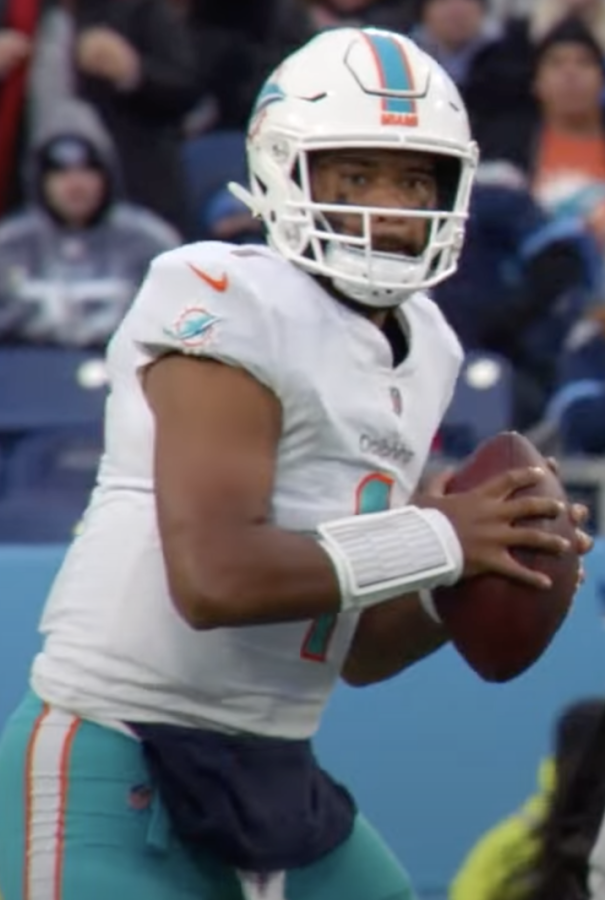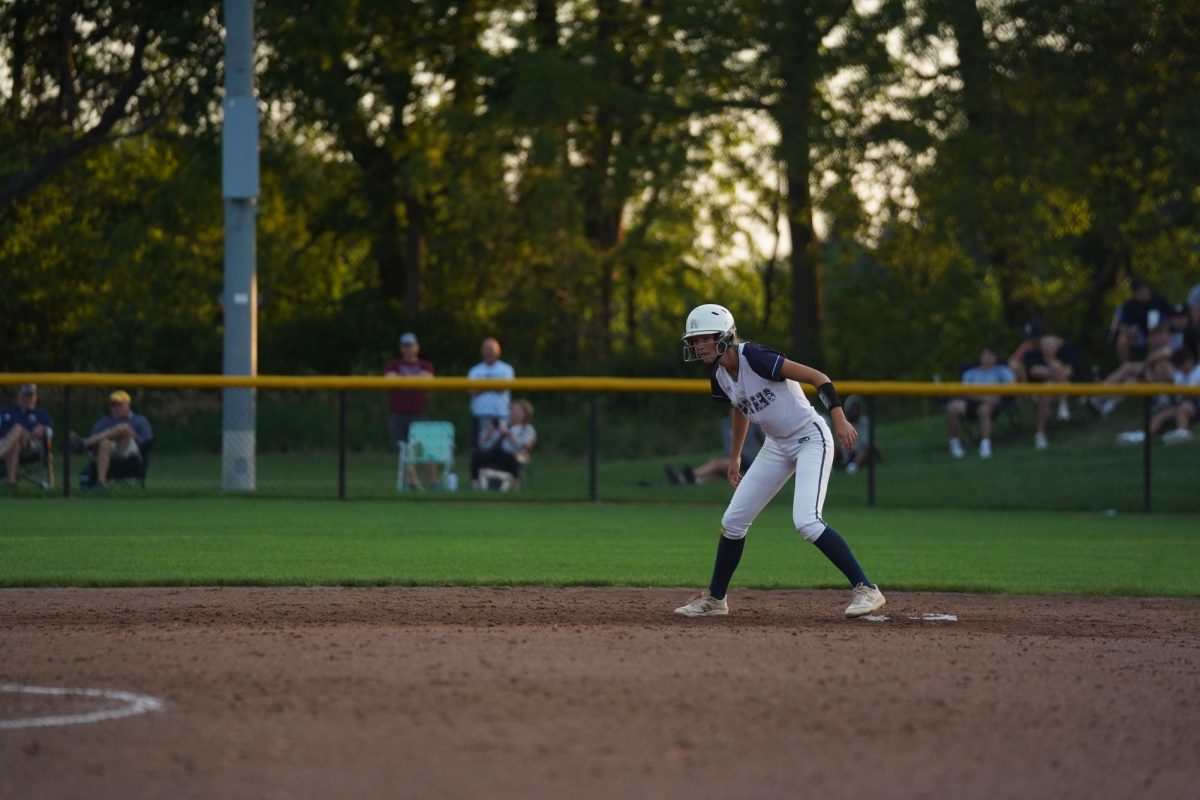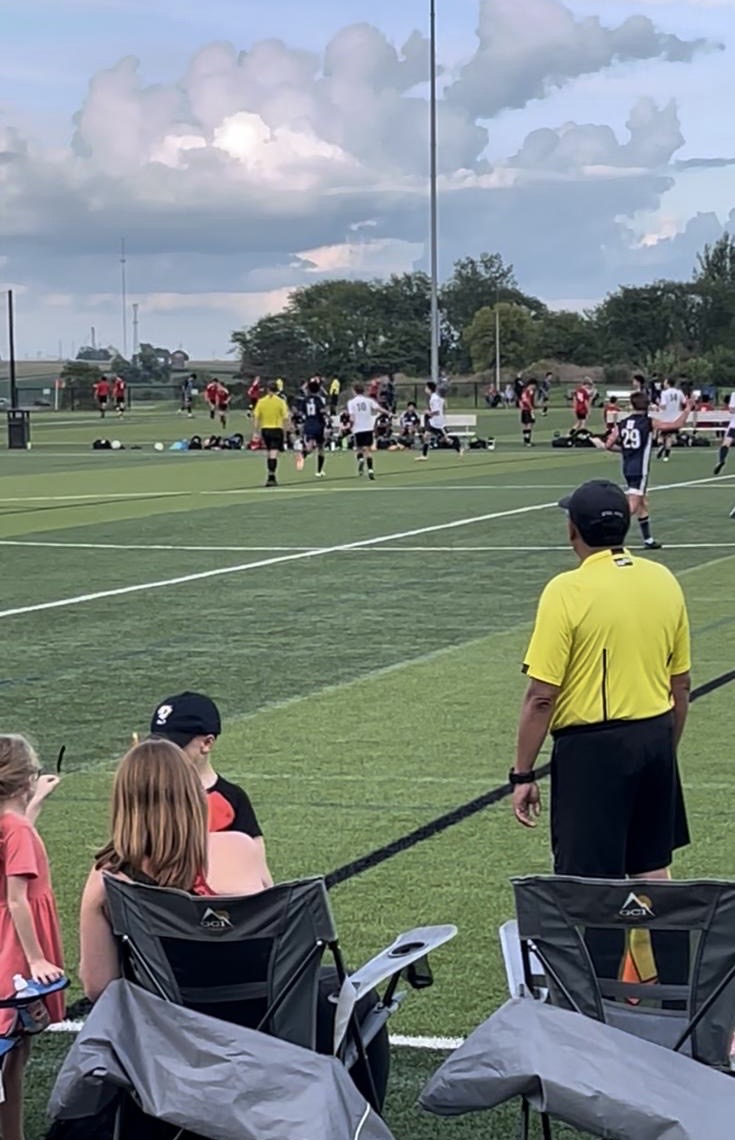The most recent scandal within the National Football League surrounds how team and league authorities handled a series of hard hits on Miami Dolphins quarterback Tua Tagovailoa.
Tagovailoa sustained an apparent head injury in the game against the Buffalo Bills on Sept. 25. After being shoved to the ground during the play, Tagovailoa stood up and immediately began to stumble, appearing disoriented and dizzy. He was immediately taken off the field for medical inspection. In the second half of the game, he was cleared by team medical staff and put back in.
Four days later in the Dolphins’ game against the Bengals, Tagovailoa suffered yet another hit. He appeared to have some unnatural physical reaction to the hit, contorting his hands while lying motionless on the ground. He was quickly taken off the field on a stretcher and subsequently diagnosed with a concussion.
Unfortunately, the situation with Tagovailoa is not the first time that an NFL player has suffered problems relating to head-trauma. As medicine has improved, it has revealed the many negative effects that playing professional football can have on the brain. The topic of concussions and CTE has become an increasingly discussed issue among medical professionals and football organizations. Junior Otto Hoffman, is a member of PV’s football team. He shares his opinion on the matter. “CTE is a huge risk but I believe that the vast majority of football players have been properly equipped to avoid it and other head traumas,” he said.
Despite all of the progress that has been made in the area, there are still incidents in which team and league authorities have misinterpreted the health of a player and the risk associated with allowing them to continue to play.
Many people have criticized the medical personnel that cleared Tagovailoa to keep playing after his first incident and allowed him to play in a primetime game just four days later. Bennet Omalu, the renowned neuropathologist who was credited with discovering CTE, spoke out on the situation in an interview with TMZ. “Tua, my brother. I love you,” Omalu said to the TMZ interviewer. “I love you as much as I love my son. Stop playing. Stop. Hang your helmet and gallantly walk away.”
As professional football has grown in popularity, monetary incentives within the organizations have increasingly become more evident in the organizations’ decisions. Sometimes these strong financial incentives can lead organizations to take advantage of players without regards to their well-being. The incident with Tagovailoa and the circumstances that lead him to injury are just the tip of the iceberg.
As knowledge around the dangers of professional football increases, it is paramount that organizations look past the monetary value of a player and move to preserve their long term health.









